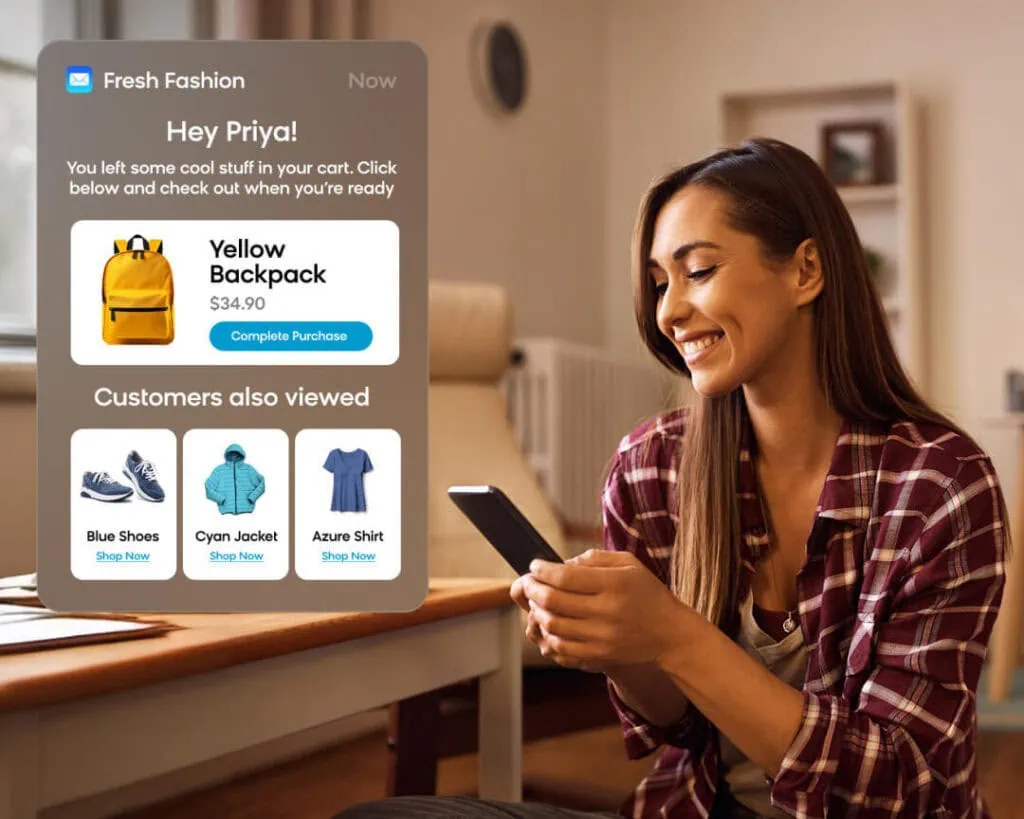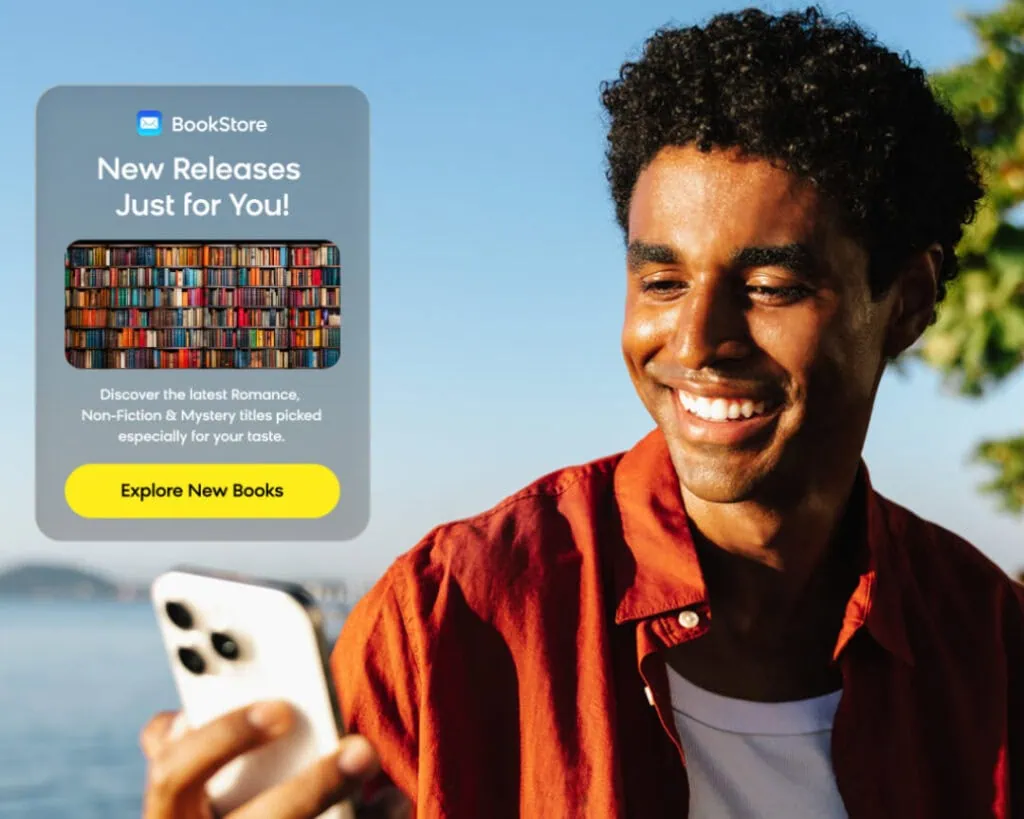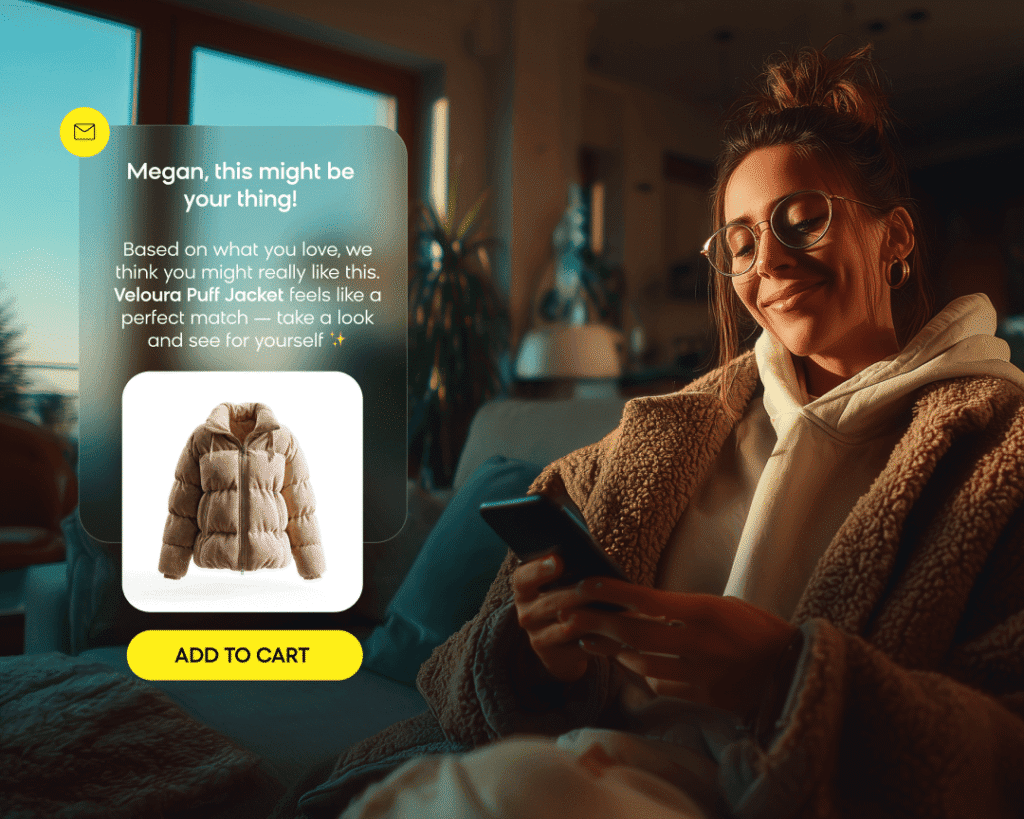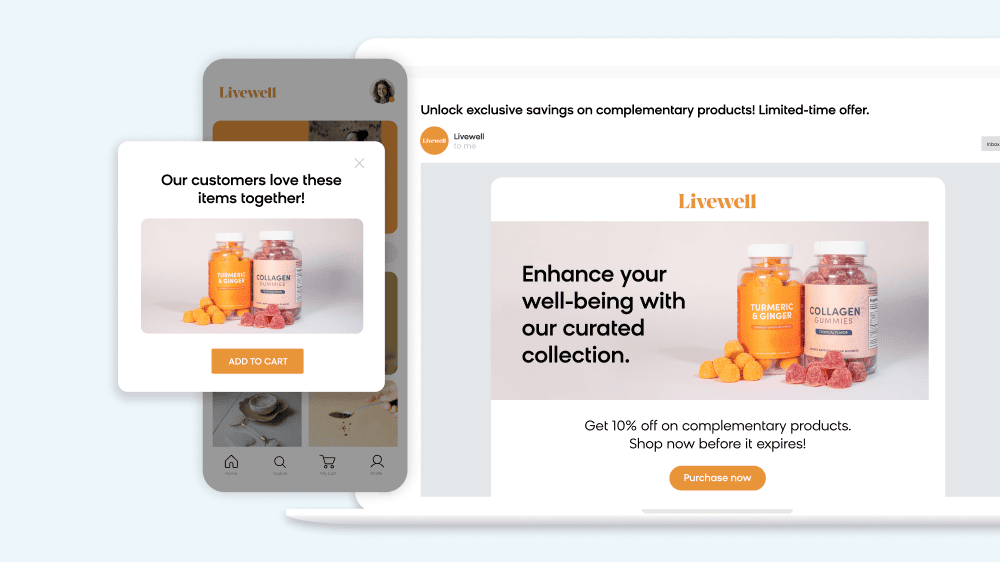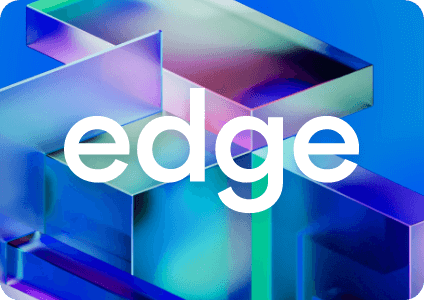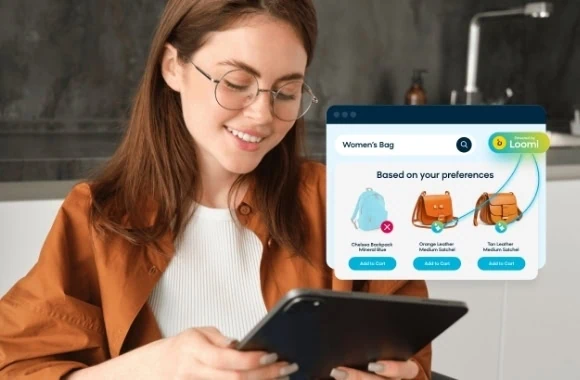Ecommerce conversion rates have hit a wall. Despite massive investments in conversion rate optimization tools, most brands still struggle to break past 2-3% conversion rates. The problem? Traditional conversion rate optimization (CRO) treats symptoms, not the root cause.
Customers want highly personalized, authentic experiences with brands — if you’re only providing surface-level personalization, you’re going to lose those customers to the competition.
This is where AI plays a crucial role — not only can it understand customer intent in real time, but it can do it at a scale that human marketers simply can’t do on their own. Read on to learn how modern platforms are drastically improving ecommerce conversion rates and how you can do the same for your business.
Why Traditional CRO Approaches Fall Short
The Tactical Trap
Most CRO efforts focus on surface-level changes: button colors, headline variations, layout adjustments. These A/B tests might yield statistical significance, but they miss the deeper issue — showing irrelevant products to customers searching for specific solutions.
Siloed Optimization Creates Fractured Experiences
If your email campaigns run independently from website personalization (which also runs separately from paid advertising), then you’re providing a subpar customer experience. This fragmentation creates jarring transitions that erode trust and increase abandonment rates.
Reactive vs. Predictive Optimization
While traditional CRO requires teams to first wait for test results and manual implementation processes, modern solutions can use AI to create instantaneous responses to customer behavior signals. The lag time for being reactive leads to disconnected experiences that risk being outdated by the time they reach customers.
How Autonomous Experiences Drive Higher Conversions
To increase ecommerce conversion rates sustainably, we need to reframe the entire approach: conversion isn’t a goal to optimize for — it’s the natural result of delivering contextually relevant, dynamically personalized experiences.
What Are Autonomous Experiences?
Autonomous experiences are AI-curated touchpoints that adapt in real time based on behavioral data, stated intent, and inferred preferences. These systems operate across three critical domains:
- Autonomous marketing: AI agents automatically adjust messaging, timing, and channel selection based on individual journey stages
- Intelligent product discovery: Search and merchandising that understands context beyond keywords, surfacing products matching intent and preference patterns
- Conversational commerce: AI-powered interactions resolving purchase hesitations and guiding customers toward relevant solutions

The Autonomous Journey Loop
Instead of linear conversion funnels, autonomous systems create dynamic loops where each interaction informs and improves subsequent touchpoints. Customer behavior signals trigger immediate adjustments without manual intervention.
This precise personalization at scale is the defining characteristic of next-generation commerce experiences, ushering in an emerging “agentic era” where AI systems act autonomously to optimize customer experiences in real time.
Conversion Rate Benchmarks: What Success Looks Like With AI
AI-powered orchestration fundamentally shifts performance indicators across the entire ecommerce operation:
Key Performance Metrics
| Metric | Traditional CRO | AI-Powered Impact |
|---|---|---|
| Conversion rate | ~2.5% industry average | Up to 25% improvement |
| Average order value | Relatively static | 15-30% increases through intelligent bundling |
| Revenue per visitor | Limited improvement | 20%+ average lift |
| Search/recommendation CTR | 2-5% average | Double-digit improvements |
Leading Indicators of Long-Term Success
The most significant improvements occur in metrics predicting business health:
- Discovery accuracy: Customers find relevant products faster, reducing bounce rates
- Cart initiation rates: Better intent matching leads to more purchase process starts
- Cross-channel consistency: Unified experiences reduce friction when switching touchpoints
These improvements compound over time as AI systems learn from behavioral patterns and continuously refine algorithms.
3 AI Levers That Multiply Conversion Rates
AI-powered systems drive measurable performance improvements by eliminating guesswork and aligning experiences with live customer intent across three critical areas:
Intent-to-Experience Matching
Traditional search relies on keyword matching and broad filters. AI-powered systems understand the context behind customer queries, surfacing products that match actual purchase intent rather than literal search terms.
AI-enhanced site search delivers significant improvements in click-through rates as customers discover relevant products faster with less frustration.
Continuous Optimization Over Static Testing
Rather than running fixed A/B tests requiring weeks to complete, AI systems continuously adjust messaging, product placement, and creative elements based on real-time performance data. This eliminates delays while improving results through constant refinement and autonomous marketing.
Eliminating Zero-Intent Moments
Purchase decisions often stall when customers can’t find answers: “Will this fit?” “Is this sustainable?” “How does this compare to this other item?” Conversational AI resolves these hesitations instantly through natural language interactions that provide personalized guidance.
This transforms potential abandonment points into conversion opportunities by addressing concerns through conversational AI before they derail purchases.
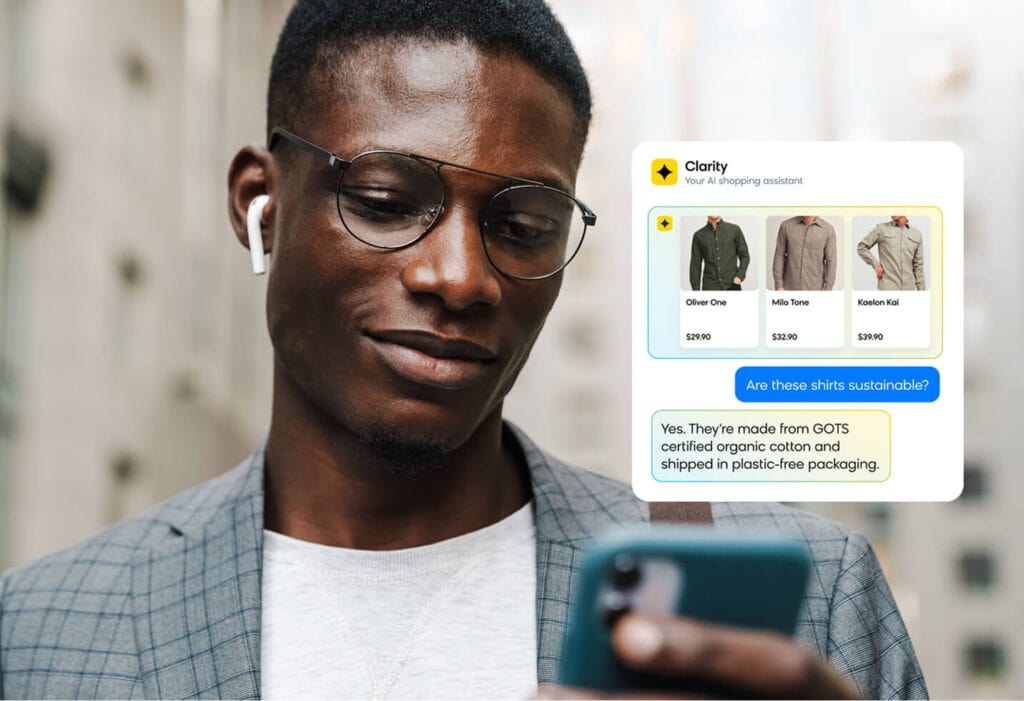
Personalization as Business Infrastructure
AI-powered personalization transcends marketing tactics, becoming a critical part of your infrastructure that enables rapid adaptation to changing conditions.
Real-Time Market Responsiveness
Autonomous systems adapt instantly to variables requiring manual intervention in traditional setups: inventory fluctuations, traffic surges, regulatory changes, etc. This prevents revenue loss during critical moments while maintaining optimal experiences.
Future-Proofing Customer Data Strategy
Privacy regulations and cookie deprecation are forcing fundamental changes in data collection. AI personalization systems relying on first-party behavioral data and contextual signals provide sustainable alternatives to cookie-dependent tracking.
Enterprise-Wide Integration
Advanced personalization platforms integrate beyond marketing with inventory management, customer service, and logistics. This transforms personalization from a marketing function into a comprehensive business strategy that improves operational efficiency across departments.
Implementation Roadmap: Your Path to Higher Conversion Rates
Here’s how you can successfully implement AI-driven personalization to improve your conversion rates:
Stage 1: Foundation Building
- Focus: Data collection, basic segmentation, traffic analysis
- Key metrics: Data quality improvements, basic engagement metrics
- Capabilities: Analytics implementation, customer data platform setup
Stage 2: Tactical Optimization
- Focus: A/B testing, checkout optimization, promotional refinement
- Key metrics: Conversion rate improvements, cart abandonment reduction
- Capabilities: Advanced testing, behavioral analytics, email personalization
Stage 3: Intelligent Segmentation
- Focus: AI-powered segments based on behavior patterns, predictive modeling
- Key metrics: Segment-specific conversion rates, lifetime value improvements
- Capabilities: Dynamic content, personalized recommendations, automated campaigns
Stage 4: Autonomous Orchestration
- Focus: Real-time, individualized experiences adapting continuously based on live behavior and intent
- Key metrics: Revenue per visitor, customer satisfaction, operational efficiency
- Capabilities: Autonomous marketing, intelligent discovery, conversational commerce
Success Metrics by Implementation Stage
- Stages 1-2: Focus on foundational metrics like traffic quality and basic conversion improvements
- Stage 3: Track personalization engagement, segment performance, and cross-sell success
- Stage 4: Monitor autonomous system performance, predictive accuracy, and journey completion rates
Understanding how to personalize across the entire commerce experience is key for brands looking to scale up and drive continued success with modern consumers.
How AI-Driven Personalization Increases Conversion Rates
Thirdlove Unifies In-Session Personalization
Thirdlove implemented AI-powered personalization with Bloomreach Engagement to create dynamic experiences across its entire customer journey. The brand implemented a Fit Finder quiz to gather preferences and customer data, then used that in combination with purchase history information to personalize based on distinct segments.
Now, Thirdlove can deliver personalized site experiences to over 3.5 million customers, and drove over $256K in incremental revenue in just a few months after implementing Bloomreach.

Patrick Morin Increases RPV Through AI-Powered Search
Patrick Morin has a wide range of products across a diverse customer base of different ages, languages, and preferences, and the brand knew it needed to up-level its on-site experience to keep pace. With Bloomreach Discovery, Patrick Morin got access to more intuitive merchandising controls and could implement a smarter search bar.
As a result, the brand drove an impressive 25% increase in search-driven conversions, as well as a 10% lift in revenue generated from search and an 8% lift in RPV.

Sideshow Creates Faster Value and Revenue With Autonomous Marketing
Sideshow needed to deliver marketing campaigns that were fast and relevant, but its small team had trouble doing this at scale. By turning to the autonomous marketing platform Bloomreach Affinity, the brand was able to turn to AI agents to help build campaigns much faster while the team focused on overarching strategy.
Thanks to Affinity, Sideshow can now go from campaign idea to launch in under 15 minutes. This has led to a 2x increase in value per email delivered, with 13.9% of email revenue directly attributable to Affinity. What’s more, the brand drove $10K in revenue from a single Affinity-powered campaign.

Transform Your Conversion Strategy With Bloomreach
The future belongs to brands delivering intelligent, autonomous customer experiences. Start your transformation today by exploring how AI-powered personalization can unlock significant growth opportunities for your business.
Learn more about how Bloomreach can elevate your personalization to optimize your ecommerce conversion rates.



